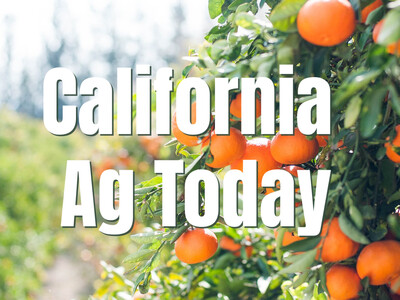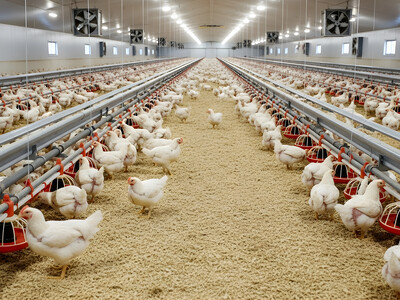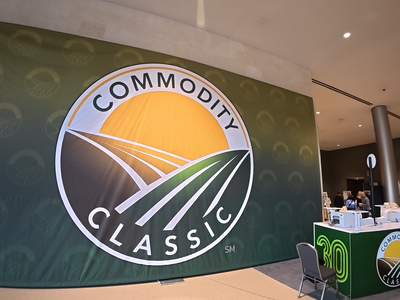Protecting Against Thieves & More Tainted Food
Protecting Against Thieves & More Tainted Food plus Food Forethought. I’m Greg Martin with today’s Northwest Report.
It is a problem all across the U.S. Theft. More and more reports are coming from people reporting missing goods and according to Kenny Perry, Extension agent in Graves County, Kentucky, thieves of farm equipment and tools are getting more brazen and doing more of their dirty work in broad daylight.
PERRY: Thieves are actually becoming more brazen it seems like all the time and we’re actually having more articles that are stolen during broad daylight because they know the farmer is away from his shop or they know if there’s somebody that works outside the home they’re out working their public job and so there’s nobody going to be around. Generally it seems to be people in the community that know what’s going on who are committing these crimes.
Once again we have a report out of California of tainted lettuce. This time the culprit is Listeria which prompted a California farm to recall bags of chopped romaine lettuce last Thursday because of possible contamination, though no illnesses have been reported. The greens from Salinas-based True Leaf Farms went to an Oregon distributor and possibly to Washington and Idaho. No report as yet as to the cause. Recent contaminations of cantaloupes, beef and now lettuce have once again heightened peoples fears of tainted foods.
Now with today’s Food Forethought, here’s Lacy Gray.
With Ohio’s Livestock Care Standards now in effect many livestock producers fears there have been allayed and rumors about possible extreme livestock care standards can now be put to rest. During the writing of Ohio’s livestock care standards livestock producers have been living in trepidation of what the standards would entail; and rightly so viewing the past history of HSUS influenced legislation regarding farming practices across the country. Bottom line, the Ohio Livestock Care Standards reflect the common sense livestock management practices done on a regular basis by the majority of farmers every day. You may wonder why then, if these are normal livestock care standards already put into practice by producers, was there a need to create new state regulations on the matter. Primarily, creating state standards for livestock care helps to reassure farmers that they are doing things right without worry of ever changing rules, plus setting state required livestock care standards such as these helps to educate the general consumer and reassure them that farmers and ranchers know what they are doing when it comes to animal care.
Thanks Lacy. That’s today’s Northwest Report. I’m Greg Martin on the Ag Information Network.














